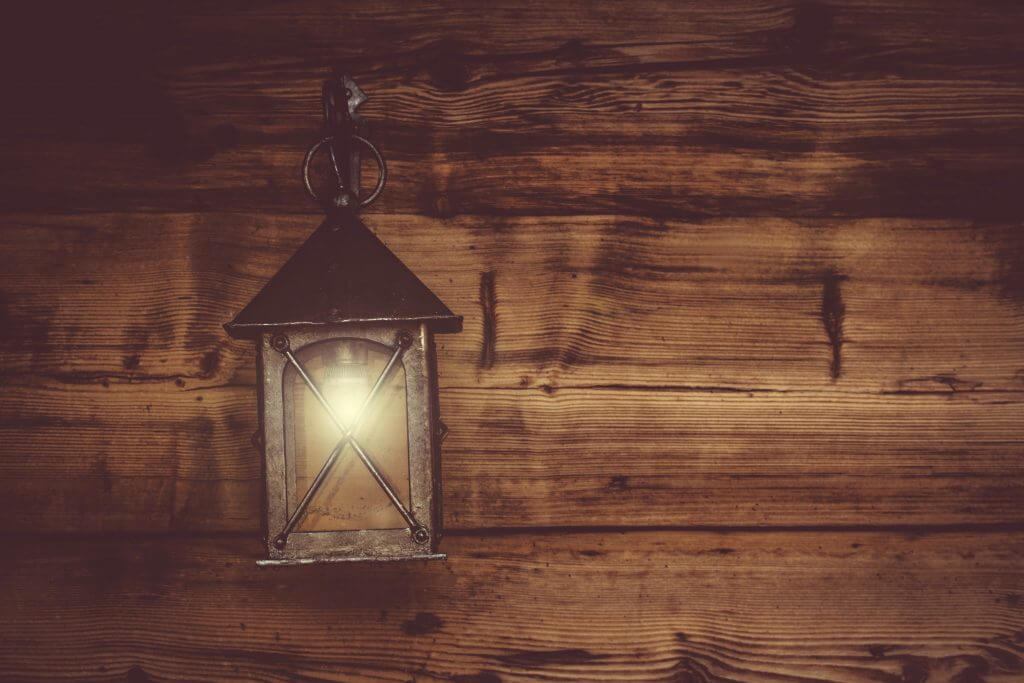
Legacies we leave to those who follow are built over a lifetime
by Phil Burgess, Unabridged from the Life section of the Annapolis Capital, Sunday April 13, 2014
Last week, following a three-day meeting in Miami, I decided to visit my mother. So I rented a car and drove over to Ft. Myers Beach on Florida’s west coast.
I called her first, so she would have time to get “prettied up.” No surprise visits! That’s a long-standing rule in our family.
I arrived around noon after a peaceful drive through the Everglades on what they call Alligator Alley.
We spent the afternoon and evening talking about everything under the sun: Friends, family, kids, her health and well-being (after 97 years) and current events.
At dinner she reminded me that Thursday, the next day, was her day out to buy groceries and run errands. “Even though Lana’s coming tomorrow, I’ll fix you breakfast before you leave.” Translation: “Don’t even think about staying here all day tomorrow.”
It was a wonderful visit, just the two of us. No agenda. No decisions to make. No tasks to get done. Just visiting and talking about life. Driving to the airport the next morning, I was thinking about the influence of parents – and especially how, with the passing of time, we come to understand better the legacies they passed on and how they shaped the paths we take throughout our lives.
My parents didn’t hesitate to pass on lessons of life or morality tales like the kind our great-grandparents might have read in a McGuffey Reader. Though they were “good Presbyterians” – and not just on Sundays – most of their lessons were expressed in secular terms.
Many lessons were passed on by notes or by framed sayings or quotes. Example: Rudyard Kipling’s “If” – reflecting Victorian-era values of discretion, self-discipline and the “stiff upper lip.” It has been a permanent fixture on my bedroom wall from my earliest memories.
It reads, in part, “If you can keep your head when all about you are losing theirs and blaming it on you/ If you can dream and not make dreams your master/ If you can think and not make thoughts your aim/ If you can meet with Triumph and Disaster and treat those two impostors just the same/ If you can talk with crowds and keep your virtue, or walk with Kings but lose not the common touch/ If you can fill the unforgiving minute with sixty seconds’ worth of distance run/ Yours is the Earth and everything that’s in it, and – which is more – you’ll be a Man, my son!”
There was also an unforgettable dinner conversation during my teen years when I was critical of a neighbor, a successful, civic-minded businessman who contributed time, talent and treasure to community causes and projects.
Though my mother winced, as if to say, “Don’t go there,” my father didn’t respond that hot summer evening. However, the next night, when I came home from school, I noticed a new poem framed on my wall. It was dated July 29, 1954. I still have it. It goes like this:
“I saw them tearing a building down/ A gang of men in a dusty town./ With a yo-heave-ho and a lusty yell,/ They swung a beam and a side wall fell./ I asked the foreman, ‘Are these men as skilled as those you would hire if you were to build?’/ He laughed and said, ‘Oh no indeed! These men can wreck in a day or two what it’s taken builders years to do.’/ I asked myself as I went my way, What kind of role am I to play?/ Am I the builder who builds with care,/ Measuring life by the rule and square?/ Or, am I the wrecker, who roams that town,/ Content with the role of tearing down?”
Sleep came slowly that night. The next morning I thanked my dad for the new “picture” on my wall, but we didn’t talk about it for nearly 20 years, when I thanked him again and told him the significant impact it had on my thinking and my life.
Another thought as I was reflecting on the visit with my mother: It happened early in my career. I worked a lot. Maybe too much, including some hours one weekend when my parents were visiting. Though I was in my late 20s, I was not too old to receive another framed reminder about life – this time from my mother. It came in the mail about a week after their visit. It reads:
“If you keep your nose to the grindstone rough/ And you have it down there long enough/ In time you’ll say there’s no such thing as brooks that babble and birds that sing./ These three will all your world compose/ Just you, that stone and your silly old nose.”
Today, lots of books are written about America’s aging boomers using their bonus years to leave a legacy. But in fact our entire life is our legacy. Indeed, the most important legacies are the footprints we leave for our family – the knowledge, attitudes and practices etched in the hearts and minds of our children by our own life.
Ernest Hemingway perhaps said it best, “I had an inheritance from my father,/ It was the moon and the sun./ And though I roam all over the world,/ The spending of it’s never done.”
Get the Bonus Years column right to your inbox
We take your inbox seriously. No ads. No appeals. No spam. We provide — and seek from you — original and curated items that make life in the Bonus Years easier to understand and easier to navigate.
